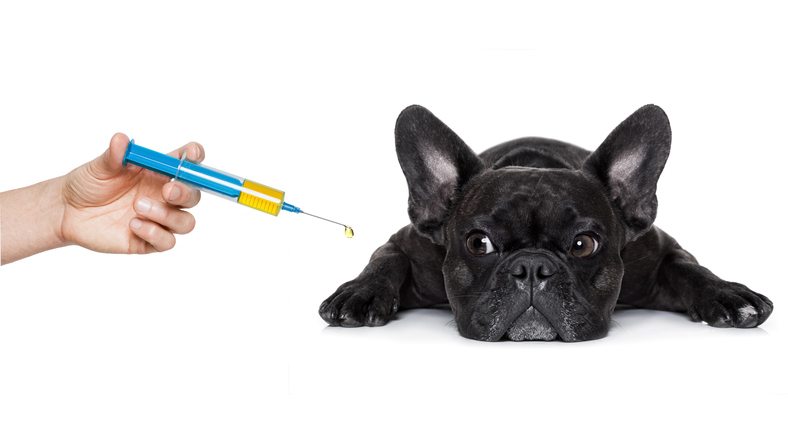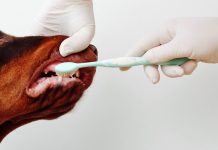 After you adopt a puppy, be sure to keep to keep to a puppy vaccinations schedule. Just like with human babies, puppies also need protection from certain viruses and illnesses.
After you adopt a puppy, be sure to keep to keep to a puppy vaccinations schedule. Just like with human babies, puppies also need protection from certain viruses and illnesses.
Why Puppy Vaccinations are Important
When first born, a puppy‘s immune system is not fully developed. However, nursing from its mother provides temporary disease-fighting antibodies that last about 16 weeks. The length of time this immunity lasts varies from puppy to puppy, so vaccinations fill in and protect longer to prevent future disease and illness.
Starting at about six weeks of age, puppies should receive certain vaccines to protect against the most common and most dangerous diseases. These puppy vaccinations are considered essential for most geographical areas, and depending on your location, there may be other non-core vaccines to consider as well. Your vet can help you determine which vaccines are essential to your puppy’s health based on where you live.
Recommended Puppy Vaccinations Schedule
Be sure to ask your veterinarian about vaccinations, although your vet may vary slightly from the following schedule, most dogs should receive their puppy vaccinations within the first 14 weeks of their lives.
- 6-8 weeks – Distemper, Parvovirus, Hepatitis
- 9-11 weeks – Distemper, Parvovirus, Hepatitis
- 12-14 weeks – Rabies, Distemper, Parvovirus, Hepatitis
Non-core vaccines that may also be given during the first six to fourteen weeks of life include:
- Adenovirus
- Coronavirus
- Leptospirosis
- Parainfluenza
- Bordetella
- Lyme
Keep in mind that the non-core vaccinations are based on location and the puppy’s environment. Your vet will recommend these if there is a need.
Once puppy vaccinations are complete, most vets recommend re-vaccinating your pet every three years. Some vets will suggest annual re-vaccinations.
Risks Associated with Puppy Vaccinations
As with any vaccination – human or canine – there are risks involved. Although rare, some dogs may develop an auto-immune disorder that’s difficult to treat. There could also be some localized reactions to the shots themselves that include pain and swelling at the site of injection, lethargy or fever. A Severe allergic reaction is also possible.
Most negative reactions to puppy vaccines are mild and uncommon, so pet experts and veterinarians feel the benefits far outweigh the risks. If you’re concerned about over-vaccinating your pet, the good news is, many vets agree and are recommend that pets receive boosters less often – once every three years rather than annually.
Photo Credit: Thinkstock












[…] make, if it’s not been done already. If it has been, be sure to get the necessary paperwork. Many pets are vaccinated at just 6 weeks old. Here is a list of “core vaccines” that your pet must […]
I have recently gotten my very first puppy and the breeder told me that I would have to check and see what vaccinations it would need before I could bring it home. You mentioned that it is important to talk to a veterinarian about the schedule of what age they are to get the shots. I had no idea that at 6-8 weeks old they would need Hepatitis shots. Thank you for the awesome information on pet vaccines.